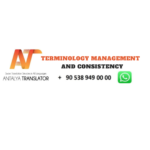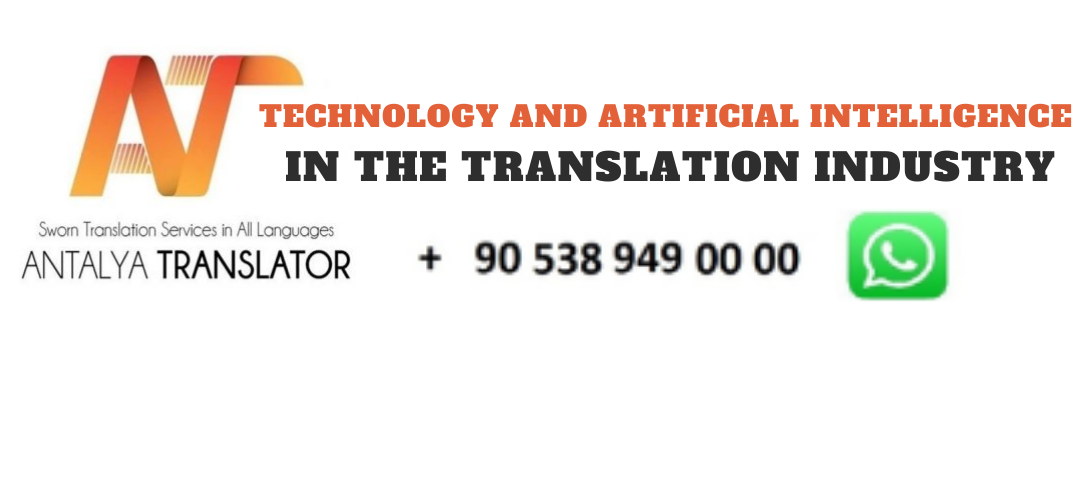
Strategies Professional Translations with Antalya Translator
August 15, 2023
Importance of Terminology Management and Consistency in Translation Projects
August 15, 2023Recent technological developments in the translation sector and the use of artificial intelligence
The translation industry has been radically transformed by recent technological advances and the use of artificial intelligence. This transformation has particularly affected the specific and sensitive discipline of sworn interpreting in both positive and challenging ways.
Sworn translation plays a critical role in the legal, medical, financial and other sectors. However, thanks to technology, translation processes have become more efficient, the workload for interpreters has been reduced and faster results have been achieved. Here, artificial intelligence and language processing technologies come to the fore.
AI-assisted translation systems have gained the ability to translate texts instantly while better preserving the integrity of meaning. Based on large data pools, these systems are supported by a large vocabulary and sample sentences, thus providing more accurate translations. In addition, AI offers translators the ability to ensure greater consistency in translation processes and effectively manage repetitive phrases, especially in long texts.
However, AI-based translation systems also have limitations. Their ability to fully understand the subtleties of language and cultural differences has still not reached the level of human translators. Especially in sensitive texts such as legal or medical documents, the interpretation and analysis skills of human translators are highly valuable. In addition, some specialised terms, idioms or local jargons may challenge AI systems.
AI also offers helpful tools in the field of sworn interpreting. Using technologies such as automatic language checking and language model-assisted corrections, interpreters can quickly review and correct their translations. This saves time and improves quality.
In conclusion, technological advances in the translation industry and the use of artificial intelligence make sworn translation both challenging and more efficient. While artificial intelligence provides great support to interpreters in areas such as fast translation and proofreading, there is still a need for the cultural and analytical skills of human interpreters. Therefore, translation professionals need to keep abreast of technological developments to ensure a balance and maintain the human touch when necessary.

